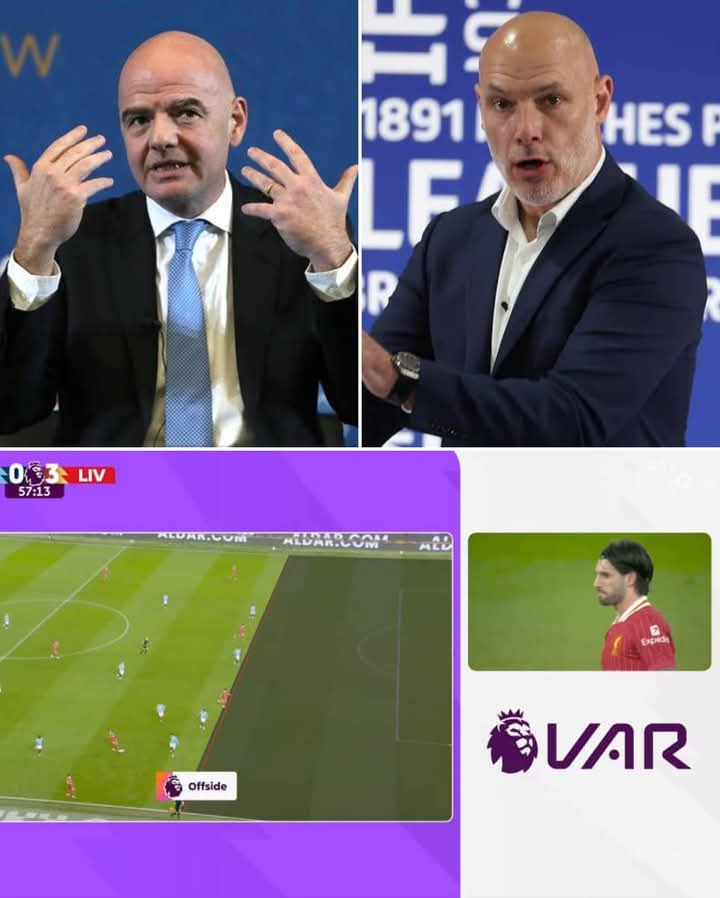UEFA has cautioned that England might be barred from the 2028 European Championships, which it will co-host with the Republic of Ireland, due to concerns over a proposal by Labour Party leader Sir Keir Starmer. This proposal suggests creating an Independent Football Regulator to oversee football clubs in the UK, a move that has unsettled UEFA. The governing body fears this could violate its principle of ensuring sports organizations operate independently of government interference.
UEFA’s general secretary, Theodore Theodoridis, conveyed these concerns in a letter to Culture Secretary Lisa Nandy. He pointed out that government involvement in football regulation could harm the relationship between national football associations and UEFA. Theodoridis warned that such a regulator might lead to England being excluded from major UEFA competitions, such as the Champions League and Europa League. UEFA is particularly concerned that this could breach its rule that football management should be free from direct government influence.
Moreover, UEFA worries that England’s move could set a precedent for other European countries, potentially leading to similar regulatory measures that might disrupt UEFA’s governance. Such changes could destabilize the overall management of football in Europe and complicate UEFA’s role in overseeing the sport continent-wide.
Should England proceed with the proposal and violate UEFA’s guidelines against state interference in football, it could face severe repercussions. These might include being barred from the 2028 European Championships and potentially being excluded from European and World Cup qualification campaigns. This would isolate England from major international competitions and impact its global football presence.
In summary, UEFA’s warning highlights the fragile balance between national interests and the unified governance of European football. The potential for significant disruption if England pursues this regulatory approach has raised concerns among UEFA and other football stakeholders across Europe who depend on cohesive sport management.










